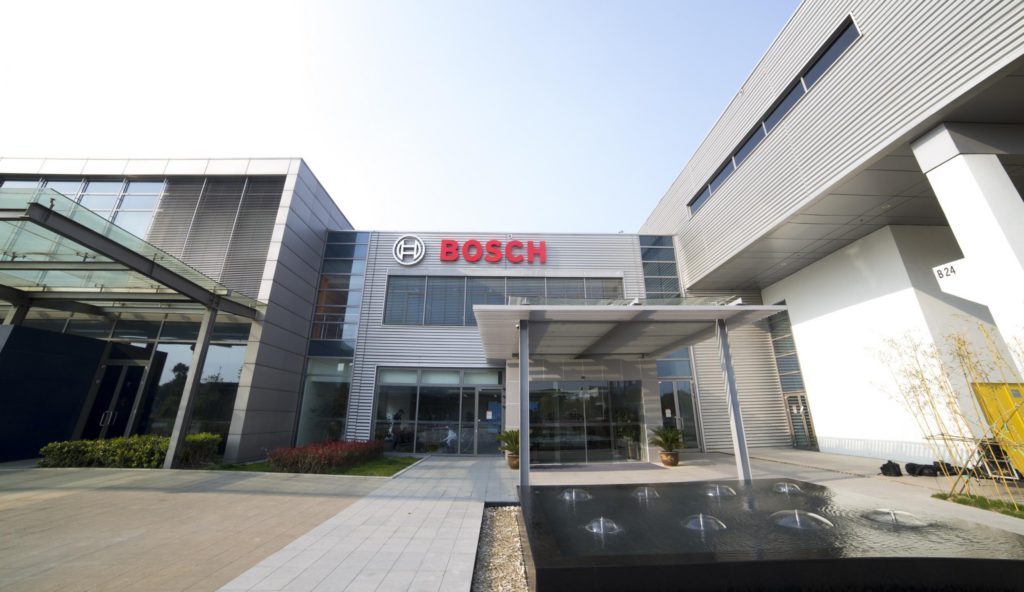Bosch sets up connected mobility division but will not invest in battery gigafactory
01 March 2018

01 March 2018
Technology supplier Bosch has announced it is to create a new division with the sole objective of developing vehicle connectivity.
The company’s new Connected Mobility Solutions division will incorporate 600 people developing and selling digital mobility services. These include vehicle sharing, ridesharing, and connectivity-based services for car drivers.
′Connectivity will fundamentally change how we get from A to B, and in the process, it will help to solve today’s traffic problems. We are using it to realise our vision of emissions-free, stress-free, and accident-free mobility,’ said Volkmar Denner, chairman of the Bosch board of management, at the Bosch Connected World 2018 IoT conference in Berlin.
In a statement, the German company said that by 2025, there would be more than 470 million connected vehicles on the world’s roads, according to statistics from PWC. Just four years from now, the market for mobility services and associated digital services will be worth €140 billion.
′Connected driving is a growth area for Bosch. Bosch aims for significant double-digit growth with the solutions it offers,’ Denner said. The plan is for the new division to further extend the existing service portfolio. For instance, mobility services from Bosch send alerts about wrong-way drivers and turn smartphones into car keys.
Meanwhile, the company has decided against developing its own battery cells, saying investment in the technology is too risky. It will instead continue to outsource battery supply.
Bosch was interested in investing in a new gigafactory, believing that the necessity of such a facility would outweigh any potential cost. It also believed that by 2030, half of the vehicles sold globally would feature some form of electric drive, and therefore to meet future demand, Bosch needed to think about getting involved in the production of batteries.
′Given dynamic external market factors that can only be predicted with difficulty, it is unclear whether this investment would pay off for Bosch, and when,’ Bosch said in a statement.
′To be a significant player in electric mobility we don’t need to produce the cells by ourselves,’ added Rolf Bulander, head of mobility solutions at Bosch.
The news will be a blow to European manufacturers looking to invest in electric vehicle (EV) technology, as there is no major battery developer in the continent. Manufacturers are struggling to find raw materials to build their own batteries, so having such a big company producing them would have helped their development.
Instead, they will need to continue to rely on Asian companies such as Samsung, Panasonic and LG Chem to build batteries. This heavy reliance is already creating production bottlenecks while a lack of competition will ultimately see prices remain high.
Photograph courtesy of Bosch